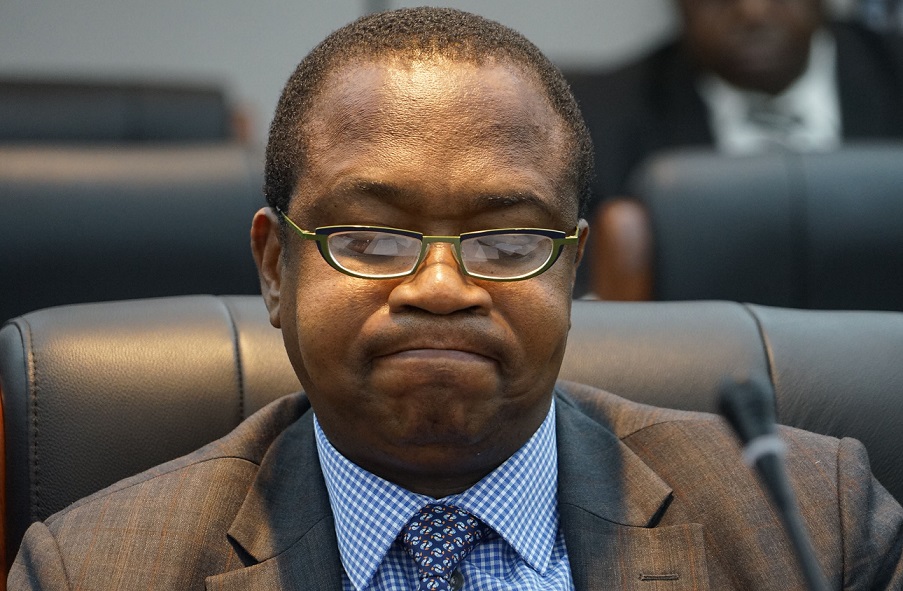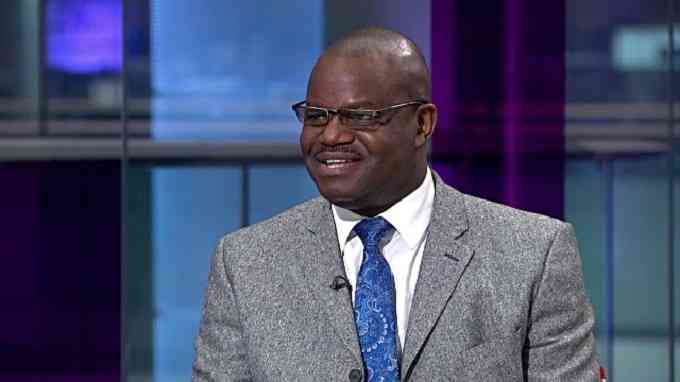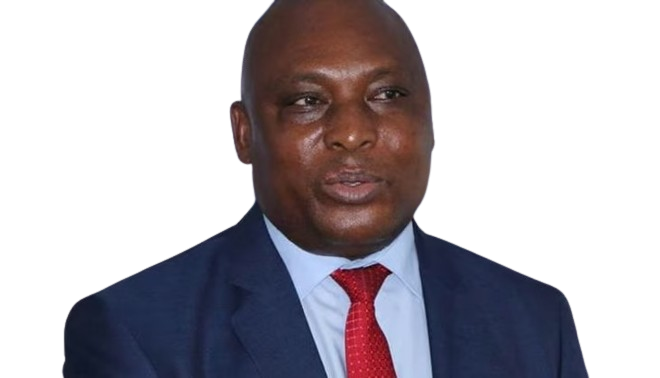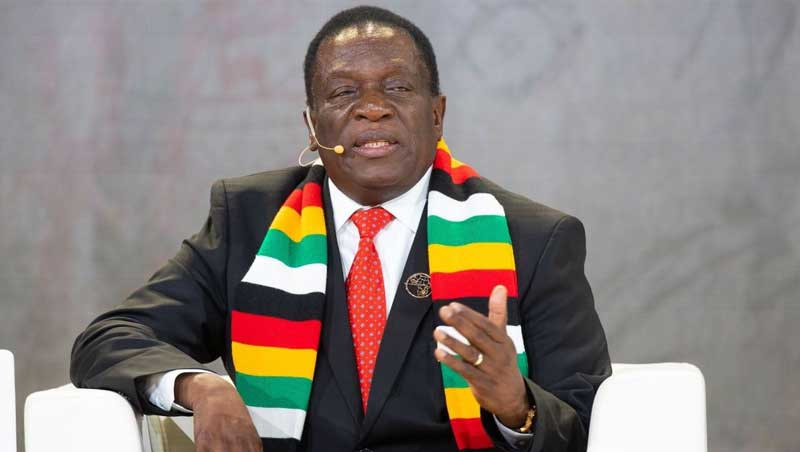
By Paidamoyo Muzulu
ZIMBABWEANS for the past two weeks have had a hectic life, most of the events being externally influenced and very little on the domestic front.
The collective focus has been directed elsewhere, instead of pushing changes that are possible from government.
Former South African President Jacob Zuma has been the centre of attraction because of his brushes with the law. He was convicted of contempt of court charges and sentenced to an unsuspended 15-month term in prison.
Tensions flew high in South Africa, with his supporters vowing there would be a second Marikana if police tried to effect Zuma’s arrest from his rural KwaZulu Natal home — Nkandla.
Zimbabwean scholars gave their views on social media platforms. Many said the sentence was not only excessive, but was wrong at law.
However, very few wanted to discuss the active commissions that Zuma had done. Zuma dared the South African Constitutional Court, actually he raised his middle finger to the apex court.
To cut the long story short, Zuma is ensconced in a prison in Durban. He made a rare climbdown on Wednesday night. He felt powerless, the media was outside his village trying to get every second of the confrontation between the State and a popular former leader.
- Chamisa under fire over US$120K donation
- Mavhunga puts DeMbare into Chibuku quarterfinals
- Pension funds bet on Cabora Bassa oilfields
- Councils defy govt fire tender directive
Keep Reading
I think images of Muamar Gaddafi being pulled from a bridge tunnel and shot by a teenager or Saddam Hussein being pulled from his underground bunker by United States-led mercenaries spooked him.
Instead, he drove to jail in his escort quietly and avoided being thrown into a car kicking and screaming by security agents that had besieged his house.
It is also in the same weeks that Zimbabwe lost two army generals. Retired Major-General Clever Chiramba succumbed to COVID-19, while Zimbabwe National Army commander General Edzayi Chimonyo died of cancer.
The deaths are a perilous reminder to the general citizens that our health system is burdened.
Central bank governor John Mangudya this week released the new $50 note. For the second time this year, Mbuya Nehanda was honoured as the first person to be featured on money since the Rhodesian days. Zimbabwe has always featured wild animals or buildings on its currency.
Very few noted that on July 1, 2021, the country had started the short journey of the second half of the year. There are a number of people — public officials — who are expected to deliver statements on the country’s economic health.
Mangudya and Finance minister Mthuli Ncube are required by law to issue the mid-term monetary and fiscal policy statements, respectively.
Section 317(1) of the Constitution reads: “There is a central bank, to be known as the Reserve Bank of Zimbabwe, whose objects are — a. to regulate the monetary system; b. to protect the currency of Zimbabwe in the interest of balanced and sustainable economic growth; and c. to formulate and implement monetary policy.”
The bank has unlimited power to formulate and implement a monetary policy. This authority and other legislation call for the central bank governor to release a monetary policy statement at least twice a year.
The timing of the statements is tied to the Finance minister’s fiscal policy statements. This is done to bring coherence between the two policies that drive the economy.
The Finance minister in section 300(4) of the Constitution is called to, “at least twice a year, report to Parliament on the performance of — i. loans raised by the State; and ii. loans guaranteed by the State.”
The minister should also report to Parliament on the performance of the national budget.
It is noteworthy why the reporting must be done half-yearly. This would give the country a chance to turn and change policy direction without waiting for year-end and then review.
Over the past few months, Zimbabweans have been told ad nauseum that the budget is enjoying a revenue surplus. The mid-term fiscal policy statement should include new appropriation Bills to reflect on the new spending patterns of the national purse.
Ncube has in the past spent revenues without appropriation, which is in fact a serious breach of the Constitution. Parliament is still to pass the Financial Adjustment Bill 2019 to regularise the US$10,2 billion unauthorised expenditure done by the government between 2015 and 2019.
The Executive and Parliament have since 2013 conspired to make sure that public officials who abuse funds invariably get away scot-free.
Section 308(4) of the Constitution reads: “An Act of Parliament must provide for the speedy detection of breaches of subsections (2) and (3) and the disciplining and punishment of persons responsible for any such breaches and, where appropriate, the recovery of misappropriated funds or property.”
For eight years, the Act is still missing from the statute books. This is happening when cases of public officials abusing the public purse are rampant.
The annual Auditor-General audit reports reveal the rot in public finance management by government departments and State-owned enterprises.
The aforesaid are matters that should be high up public discussions and within civil society, but it seems Zuma still touches many Zimbabweans’ lives. It is becoming critical that in a country losing billions annually in unauthorised expenditure should become financial literate.
Mangudya and Ncube should soon come out and address the nation and stop hoping that the economy will self-correct without coherent and consistent fiscal and monetary policies.
On the other hand, civil society and opposition parties should push for the enactment of legislation that punishes persons responsible for abusing State funds and, where appropriate, the recovery of misappropriated funds or property.











